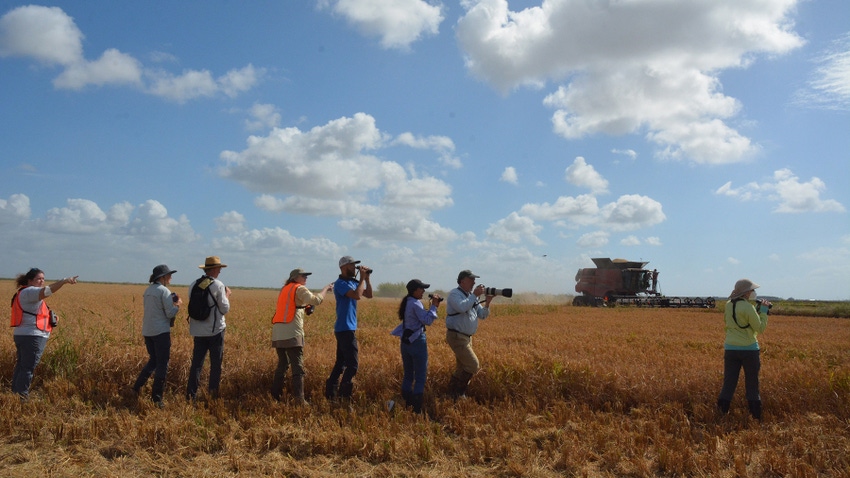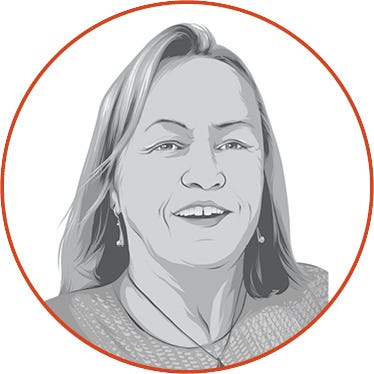
“How would we know about this stuff if we didn’t know you?” The millennial soccer player threw out one last question just as our mini-ag education session was coming to a close. (The cooler of Bud Lite was empty.)
She was earnest. She was interested. She wanted to know more. And I couldn’t give her a one-stop-shop for everything she needed.
The information is available, I told her, but few folks outside of ag have time to dig into every bit of misinformation out there. And folks in ag are busy providing food, fiber and fuel for the rest of us, so they push out some good information, but they don’t have the kind of money activists spend to advance their agendas. And we well know they have an agenda. The Humane Society for the United States, a charity funded to the tune of $150 million each year, is pushing out livestock production. They call it “eating humanely.” Eating a plant-based diet, they espouse, “means dramatically reducing the amount of suffering in the world.” And that’s just the tip of the steaming pile of rhetoric on their website.
The arguments are well-couched in feel-good phrases. To be fair, many sincerely believe in their cause. And I respect the craft in their messages. To see the errors in their arrogantly ignorant claims nearly requires visiting farms. But then, those activists also steadily chip away at the trust and respect once given to family farmers by constantly deriding “corporate farming,” giving our urban neighbors a reason to suspect all U.S. agricultural production.
But what happens when people visit farms? Their world view is changed forever.
Case in point: the Yellow Rails & Rice birding event that we wrote about in last week’s issue of Delta Farm Press is helping to close the chasm chiseled into our once-agrarian society. Visitors to those Louisiana rice fields are entranced by riding in combines, talking IRL (in real life!) to family farmers, and discovering the vast populations of wildlife that wander the fields.
One birder told me he hadn’t realized how much life was supported in a farmer’s field. For reals, as my baby sister often said many years ago.
The success of that event is this: when an experience profoundly changes somebody’s thinking, they talk about it. And they talk about it to other non-ag people.
The long ago free-wheeling conversation with a soccer team full of millennials was one of the most productive ag chats I’ve had. Our next generation is inquisitive, open to new perspectives, and eager to learn about how we’re fueling their lives. That last question, however, haunts me.
That smart young woman and those Louisiana rice farmers challenge us all to find ways to carry our message on their passion. How do we get other people to tell our story?
About the Author(s)
You May Also Like






